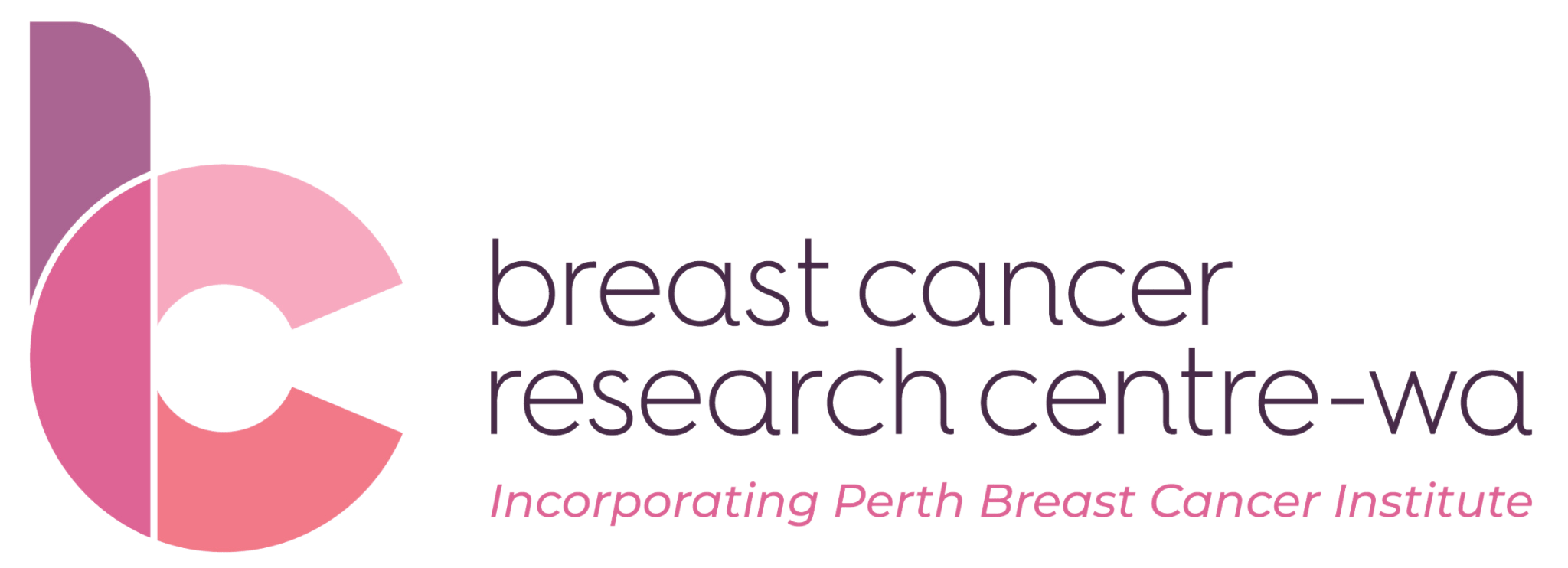Surviving Early Breast Cancer
After the early breast cancer has been treated successfully, people may be surprised to find that their challenges have only just begun.
Coming to terms with what happened: every person has a different experience
As well as the differences in diagnosis and type and dose of treatment, there are also individual differences in age, physical resilience, lifestyle and life roles, stressors, and genetic vulnerabilities. We also bring different belief systems to the experience of illness and treatment.
For example, one woman may think: OK, I’ll expect to feel unwell and emotional and I’ll rest up, accept help, and be kind to myself during and after treatment.
Whereas another may think: If this treatment impacts my life, that will mean I haven’t coped well.
Most people see cancer as a very threatening condition, but some will focus on the worst possible outcome, bringing extreme anxiety. Some people may feel responsible for it, or fear that they will burden others, leading to guilt and sadness. Others may struggle with feelings of loss and isolation. Family members and friends also bring their own belief systems and coping strategies which may or may not be compatible.
What can happen after surviving early breast cancer (but remember every person is different)
The worst of it: Problems arising for some people after hospital-based treatment include menopause symptoms, pain, lymphoedema, fatigue, hot flushes and night sweats, poor sleep, sexual and fertility problems, feeling disconnected from others, loss of confidence, altered body image, and ongoing fear of cancer recurrence or longer-term risks.
There can also be practical issues like loss of employment and financial strain. Grief and anxiety are common feelings. The underlying themes for many women who see a psychologist are unpleasant feelings of vulnerability (this sometimes emerges only after treatment finishes), feeling that others expect too much too soon, loss of control, loss of confidence in future health, and loss of the “old self”.
The best of it: Some women describe the experience of surviving early breast cancer as beneficial (not that you would wish it on anyone). Some say they got a lot of care and attention from others, their relationships improved, and they had time to re-evaluate their priorities. Some form new deep friendships with other cancer survivors. Others develop greater compassion for themselves and empathy for others. Some take a good look at the sources of stress in their lives and decide to make constructive changes. One woman said “cancer gave me confidence, I can put myself first now”. Many of these benefits are unexpected and most of them will be lifelong.
So what now?
Adjusting to “life after treatment” takes time. The first step is to acknowledge what has changed and how you feel about those changes. From there, the question is “what might help?”
If you are unsure about how to manage any ongoing concerns, please speak with your breast care nurse or specialist. Our clinical psychologists can help you and your family with the aftermath of treatment, including specialist programs for management of menopause symptoms, and fear of cancer recurrence. The service is free for patients of Perth Breast Cancer Institute.
The information and content provided on this page is intended for informational and educational purposes only and is not intended to substitute for professional medical advice. Please contact your medical team for advice on anything covered in this article.

Our full range of Resources
Breast Cancer Research Center – WA aims to support and educate breast cancer patients. For a specific pamphlet, ask our staff at your next appointment or download it from our website.
